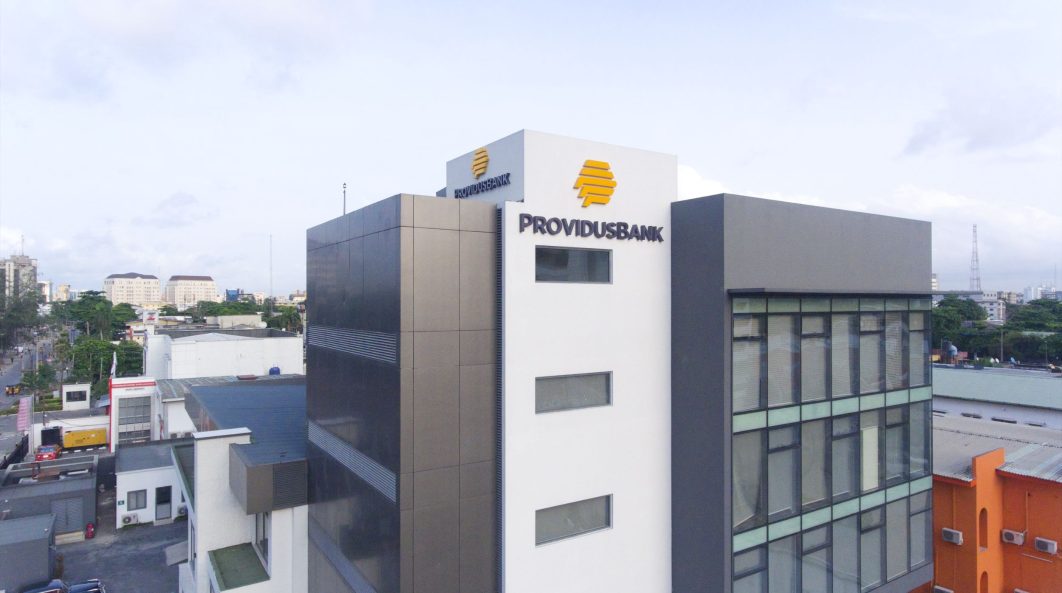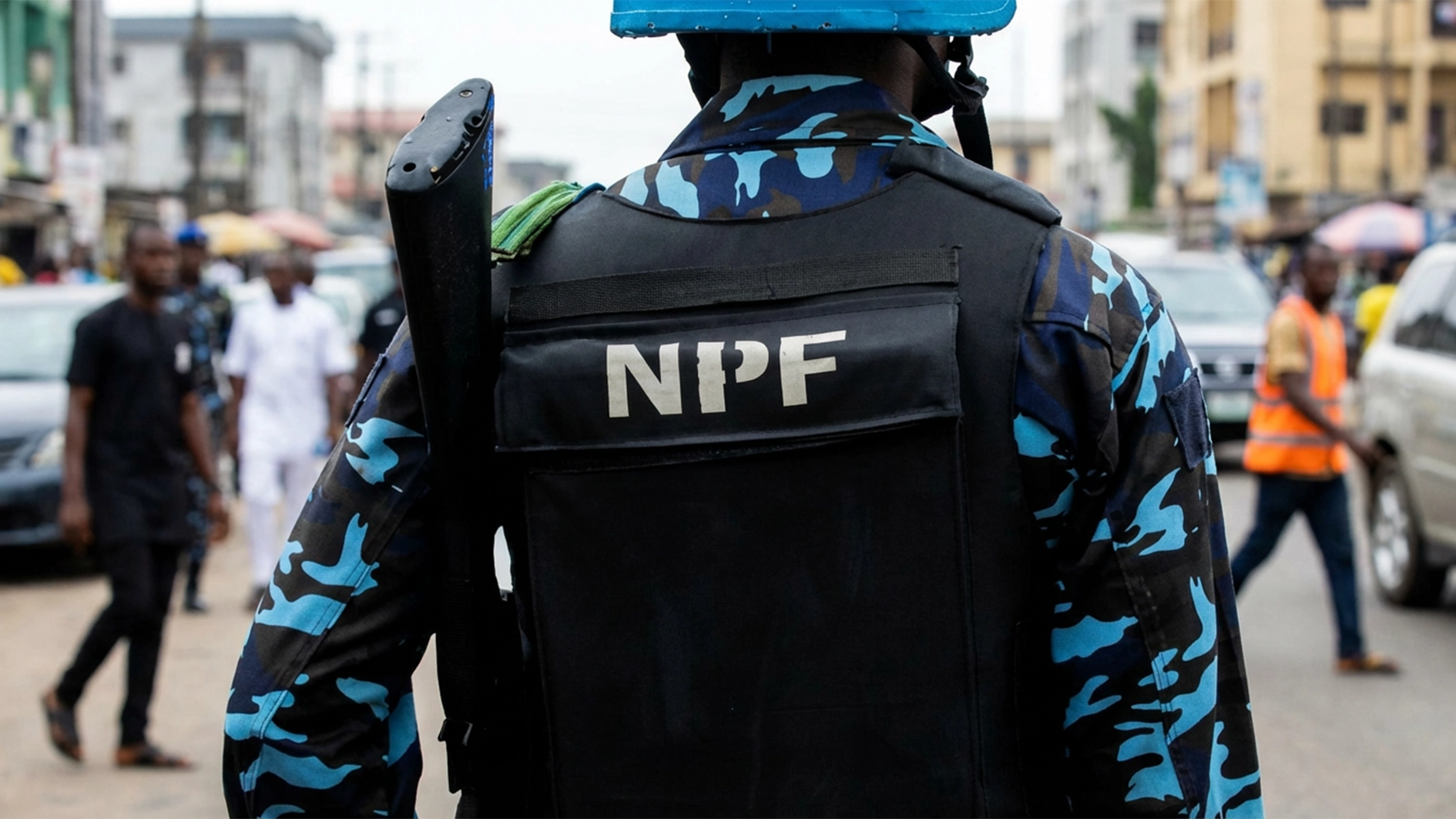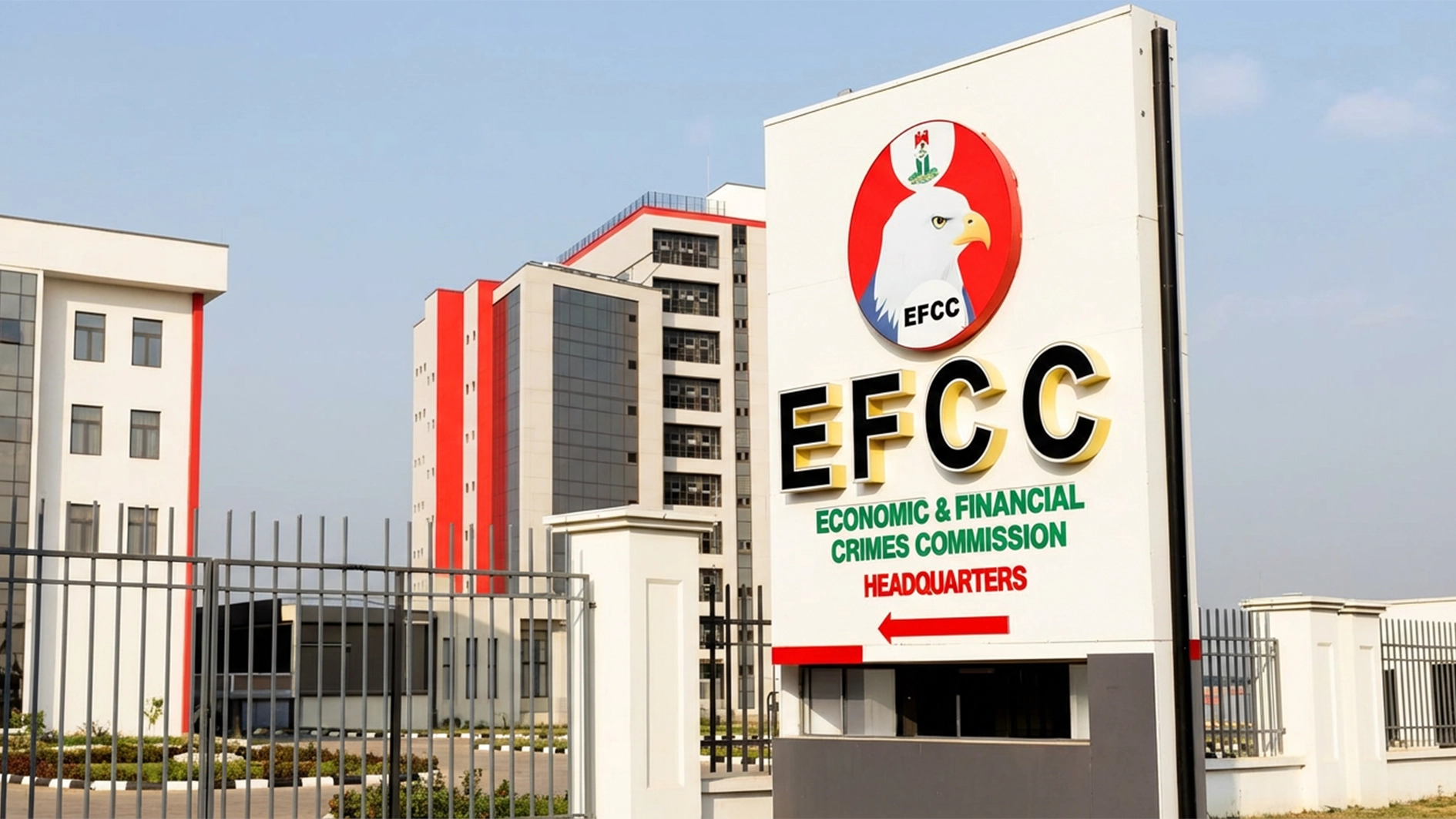
The Central Bank of Nigeria (CBN) has thrown its support behind Providus Bank’s acquisition of Unity Bank, a move aimed at safeguarding financial stability in northern Nigeria, according to reports.
Sources close to the transaction have revealed that the CBN’s decision was primarily driven by the critical role Unity Bank plays in providing banking services across the northern states, where it remains the sole banking institution in many areas.
READ MORE: Inflation: FCCPC to engage market leaders, others
According to a report by ThisDay, citing insiders, the amount of depositors’ funds at Unity Bank was less of a concern than the bank’s geographic significance. Unity Bank serves as a lifeline for numerous communities in the north, many of which would be left without access to essential financial services if the bank were to fail. The bank’s client base is largely comprised of farmers, and its collapse could have jeopardized both regional food security and the federal government’s agricultural initiatives.
In addition to the systemic importance of Unity Bank, the report disclosed that Providus Bank’s financial strength was a key factor in the CBN’s approval of the takeover. Providus Bank has committed to injecting 80 percent of the capital required to revive Unity Bank, with an initial N75 billion already set aside for the acquisition. This infusion of capital, combined with Providus Bank’s robust management, is expected to restore Unity Bank to a sound financial state.
In a broader context, the merger is seen as a strategic move to ensure the continued provision of banking services in northern Nigeria. “The central bank was clear that allowing Unity Bank to go under would result in many people being unbanked and without access to financial services,” a source familiar with the CBN’s deliberations said, according to the report.
READ MORE: Rivers: APP chairman condemns secretariat bombing
Further complicating Unity Bank’s situation was its history of non-performing loans (NPLs), many of which were inherited from the nine legacy banks that formed Unity Bank during the 2006 consolidation. Despite efforts to stabilize the bank, including an NPL sale in 2016, the bank continued to struggle with capital adequacy and liquidity.
Providus Bank’s takeover is being hailed as a “game changer” for the Nigerian banking sector, not just because it saves Unity Bank but also due to the precedent it sets for future banking resolutions. Industry analysts have noted that the merger will preserve the banking franchise of Unity Bank while expanding Providus Bank’s national footprint, especially in the north. The combined entity will benefit from Unity Bank’s extensive branch network and Providus Bank’s digital banking capabilities.
The CBN’s endorsement of the merger aligns with its broader objectives of maintaining financial sector stability, fostering financial inclusion, and managing systemic risks. By securing the future of Unity Bank through this acquisition, the CBN aims to prevent a loss of customer confidence and ensure continued access to banking services for millions of Nigerians.
As the Nigerian banking landscape evolves, this merger between Providus and Unity Bank may well signal the beginning of a new era in the industry, marked by strategic consolidations and enhanced financial resilience.






